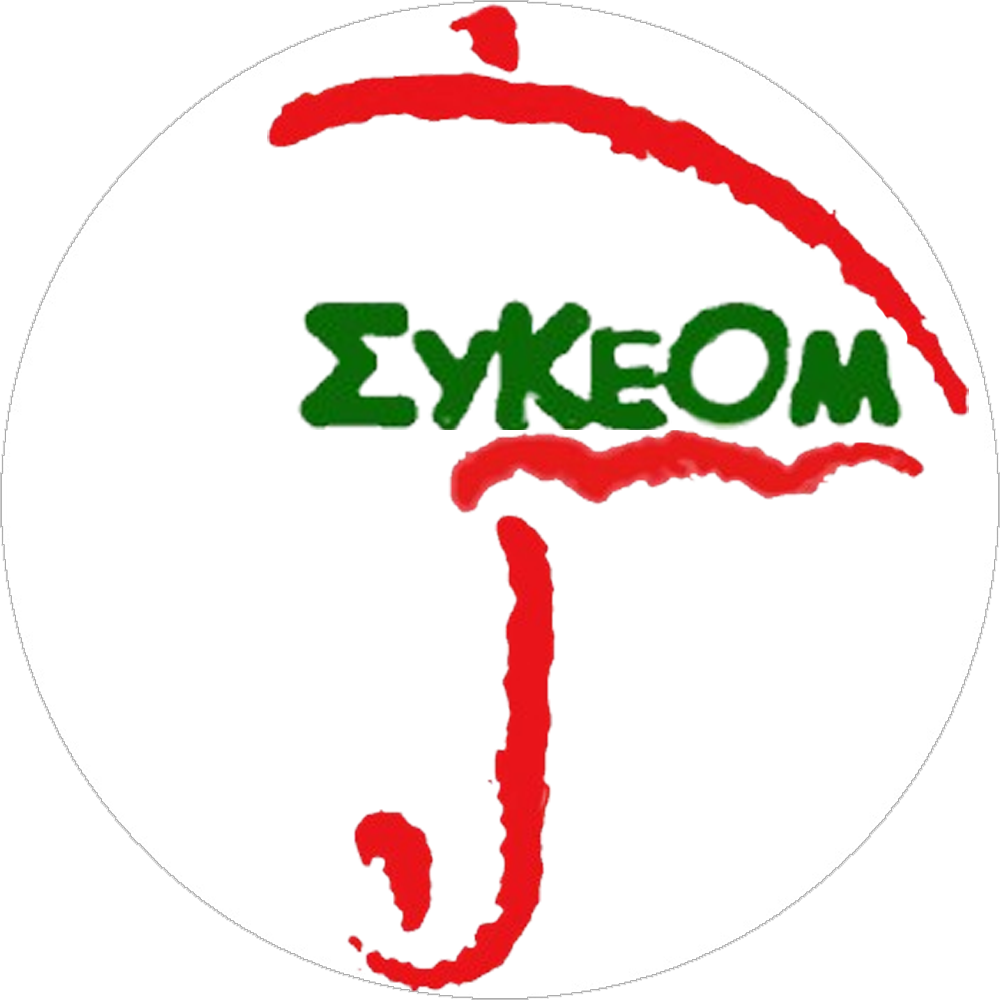


CENTRES OF RESEARCH AND INTERVENTION IN EDUCATION
The DECE’s centres of research and intervention in education have recently been officially transformed into laboratories, with the exception of the Greek branch of the International Association for the Evaluation of Educational Achievement (IEA).
The Greek Centre of the International Association for Educational Achiement and Educational Policy (IEA)
Director: Professor Vassilis Gialamas
Navarinou 13a, 3rd floor
The Greek Centre of the IEA was initiated during the academic year 1986-87 at the University of Patras, in the Faculty of Primary Education. It moved to the University of Athens’ DECE in 1996 along with its director Professor G. Kontogiannopoulou-Polydorides, collaborating at the time with a significant number of researchers and academic teachers in other Greek and foreign Universities.
The IEA is a transnational network of researchers, educators and educational policy experts, operating for nearly five decades in roughly 60 countries. It has completed over 20 cross-national studies, which record, correlate, clarify, interpret and provide data and analyses regarding factors related to school success or failure as well as educational practices. These studies have more particularly concerned topics like curricula and textbooks analyses, students’ achievement in tests, the socio-cultural context of education, student’s and teachers’ concepts, attitudes and educational strategies as well as school practices.
The Greek Centre’s focuses more particularly upon the relation of the social, cultural and economic background of students as well as educational strategies and practices to school success or failure. It is also particularly interested in the relation between the school and its wider social context, given the seminal role of education in the reproduction of Greek society. The Centre provides support to schools and education agents that request it through a formalized procedure. Research data and practices also constantly enrich the teaching process in the DECE, partilarly students’ training in the courses “Sociology of Education”, “Research Methodology” and “Educational Policy”.
The following are the most important research projects undertaken by the Centre.
Transnational projects of the IEA:
Reading Literacy (RL): (1989-1998) (Partial Funding: General Secretariat for Research and Technology). The study evaluated achievement in a test of text comprehension in 31 countries and investigated how achievement levels relate to students’ social characteristics and school factors.
Third International Mathematics and Science Study (TIMSS): (1990-1998) (Partial Funding: Ministry of Education, General Secretariat for Research and Technology). The study evaluated students’ achievements in mathematics and science tests and investigated the relation of achievement levels to students’ socio-cultural background, educational practices (including curricula) as well as students’ and teachers’ concepts regarding mathematics and science.
Civic Education Study (CivEd): (1992-2004) (Partial Funding: General Secretariat for Research and Technology, University of Athens). This study of the International Civic Education Study explored the political socialization of students regarding concepts, institutions and practices of democracy in many (mostly European) countries. (see the volume Civic Education Across Countries: Twenty-four National Case Studies from the ΙΕΑ Civic Education Project edited by D. Makrinioti and J. Solomon).
Progress in Reading Literacy Study (PIRLS): (1999-2005) (Partial Funding: Ministry of Education, University of Athens). The study explored the relation between students’ social, family and school environment and reading abilities in 4th grade, in 40 countries (mostly from the European Union and the Balkans).
International Civic and Citizenship Education Study (ICCS): (2006-2011) (Partial Funding: European Union). The study investigated how young people are socialized as citizens in 30 countries. More specifically, it explored students’ acquisition of concepts and competencies in Civic and Citizenship Education, their interest in engaging in public and political life and factors determining such engagement (such as school practices and students’ social background). A longitudinal study of changes in Civic and Citizenship Education as a school subject as well as of the conceptions and practices of Greek adolescents was also undertaken.
Major studies funded by the European Union:
European Project for studying international (university) student mobility (ADMIT) (1998-2000) (Funding by the Targeted Socio-Economic Research Program of the European Union). The study described opportunities for access to European higher education as well as difficulties encountered by attempts to foster student mobility in five countries: England, France, Germany, Greece and Sweden.
European Project for studying effective school improvement (ESI) (1998-2000) (Funded by the Targeted Socio-Economic Research Program of the European Union). The study explored innovative characteristics of school practices as well as factors in their wider social context which contribute to the improvement of compulsory education in eight European countries: the Netherlands, England, Portugal, Greece, Finland, Belgium, Italy and Spain.
Higher Education Institutions Responses to Globalisation, Internationalisation and Europeanisation (HEIGLO) (2002-2004) (Funding by the Program «Improving Human Potential and the Socio-Economic Knowledge Base” of the European Union). The study explored the social and institutional factors which effect how institutions and systems respond to the processes of Europeanisation and Globalisation in seven countries (Austria, Britain, Germany, Greece, Norway, Netherlands, and Portugal).